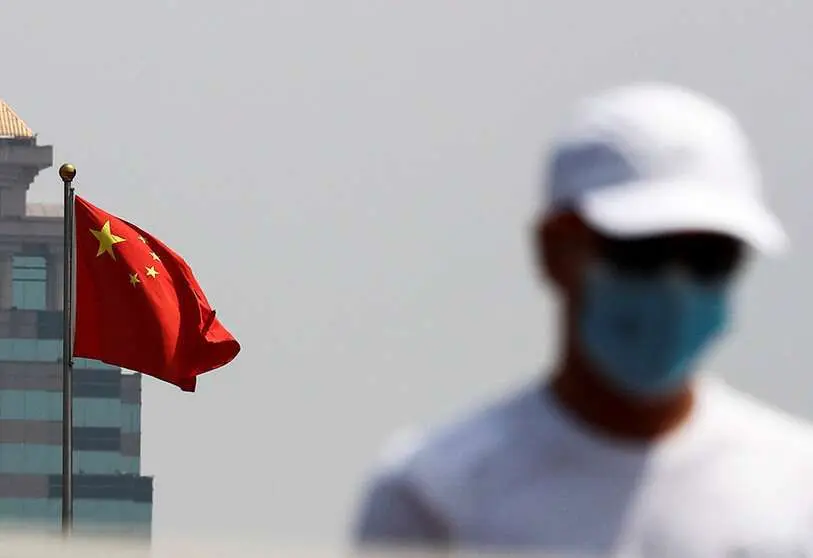China, your turn

As Oswald Spengler recalled in The Decline of the West, throughout history many countries, each in a different time and space, have been at the forefront of world power and therefore had the possibility of shaping the international system according to their own values. Spain did so in the 15th and 16th centuries; a century later it was neighbouring France that dislodged it from this position; so did Great Britain in the 18th century, which emerged as a hegemonic power by introducing the concept of balance of power. In the 19th century, both Austria and Germany controlled world power. In the last century, no one has influenced international relations as much as the United States.
It can also be said that the United States has maintained its global hegemonic position in the barely two decades of this century. However, for some time now, it seems to be losing that leadership and power that it has held since the end of the Second World War, something that has become evident with the appearance of the coronavirus. Similarly, Europe, relegated to a secondary position of international power after the two wars that consecutively knocked it out to the point of having to be rescued by the United States, finds itself in a situation of great instability and clearly divided into two camps, as we observed a few weeks ago, where a lack of consensus on the "coronavirus" was evident: on the one hand, Sweden, Austria, the Netherlands and Germany, and on the other, Mediterranean countries such as Italy, Spain or Greece.
The impact that the virus has had worldwide is far from homogeneous. While the West has suffered fully from its consequences, Asian countries have developed in a more effective and innovative way and it is they who, once the virus is under control, send aid and health and scientific material to Western countries. Countries such as South Korea and Japan will benefit greatly from the pandemic and will play an important role in the constitution of the new world order emerging after the pandemic.
But, without a doubt, the big winner is China which, despite its incredible death toll, has managed, through strong control, containment and hygiene measures and technological innovations, to control the virus. China has shown the world how it has been able to put millions of people in quarantine and its performance has served as an example for other countries. China's propaganda has played a very important role and, thanks to it, has managed to present the world with the fact that its fight against the virus has been a resounding victory.
China is on track to overtake the United States as the world's leading economic power. In 2014, China's GDP in purchasing power parity (PPP) exceeded that of the United States for the first time, and last year, according to the IMF, China's PPP GDP rose to $27.3 trillion from $21.3 trillion. Likewise, the Chinese giant is currently the largest exporter in the world, ahead of the United States, and the growth of both economies is highly uneven. While China's GDP has been growing since 2000 at a rate of 9% per year, the American equivalent is growing at an average of 2% per year.
It is now, when the world is immersed in a deep crisis, that China is ready to help financially weak states by increasing its global influence, buying cheaper assets, playing to lower the price of oil and giving a greater boost to its economy in order to displace the US as the country with the highest gross domestic product. China has become the father to ask for help in facing this crisis.
This pandemic will be a turning point in the development of international relations and world order, as well as in the economic model. We will see the American and European reaction, which, divided as it is, will be relegated to a position of total dependence, because no member country enjoys great power individually. Today, the winners seem to be Asians, perhaps the 21st century will be China's turn.

